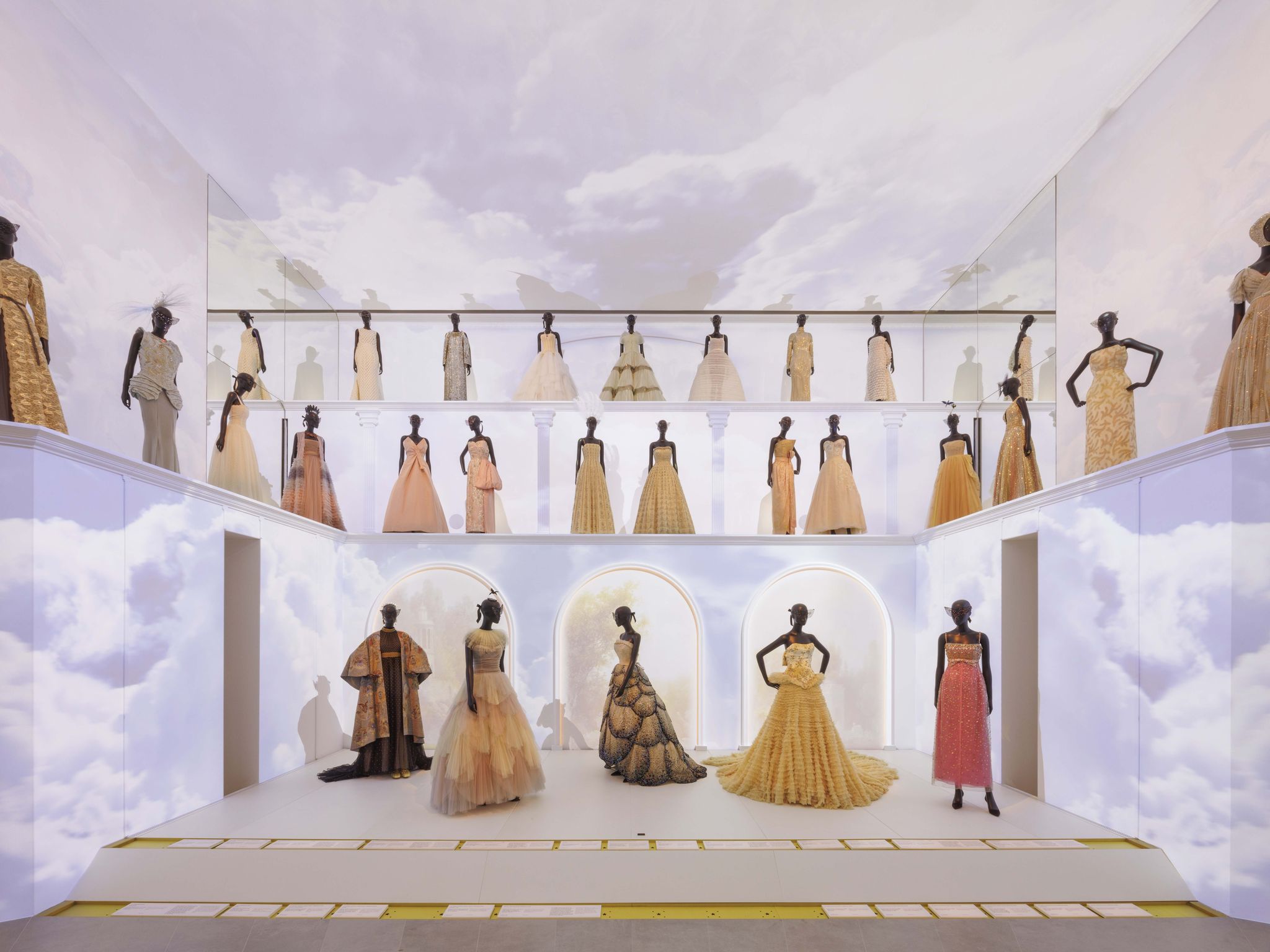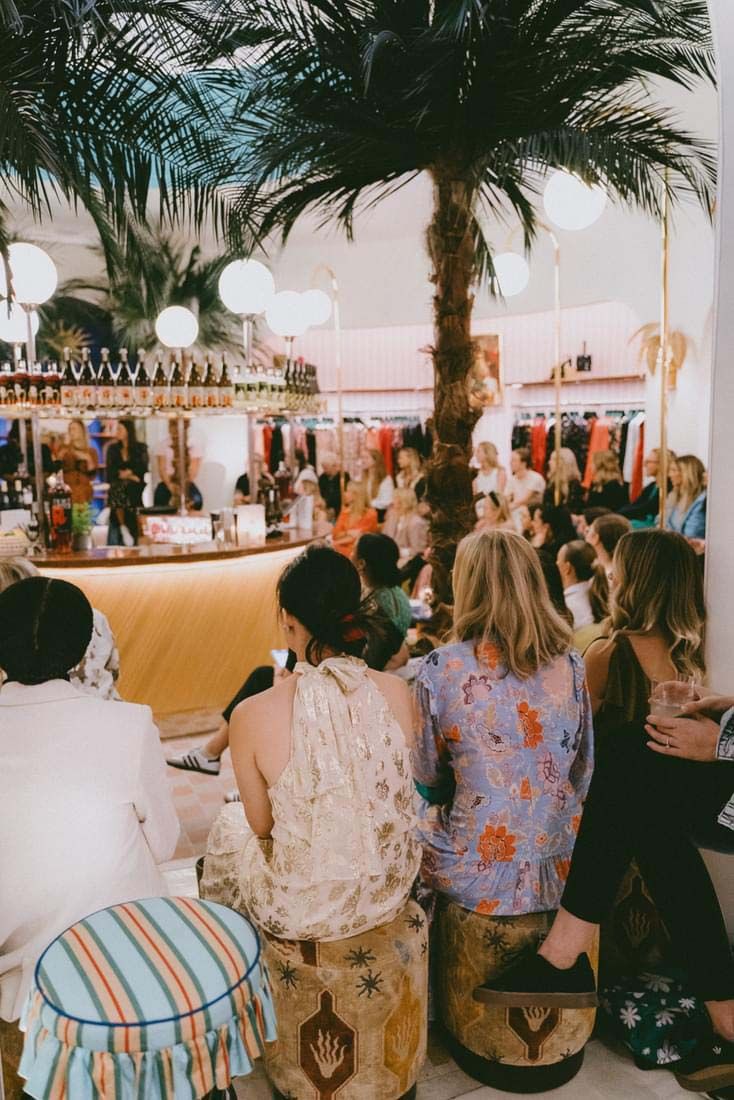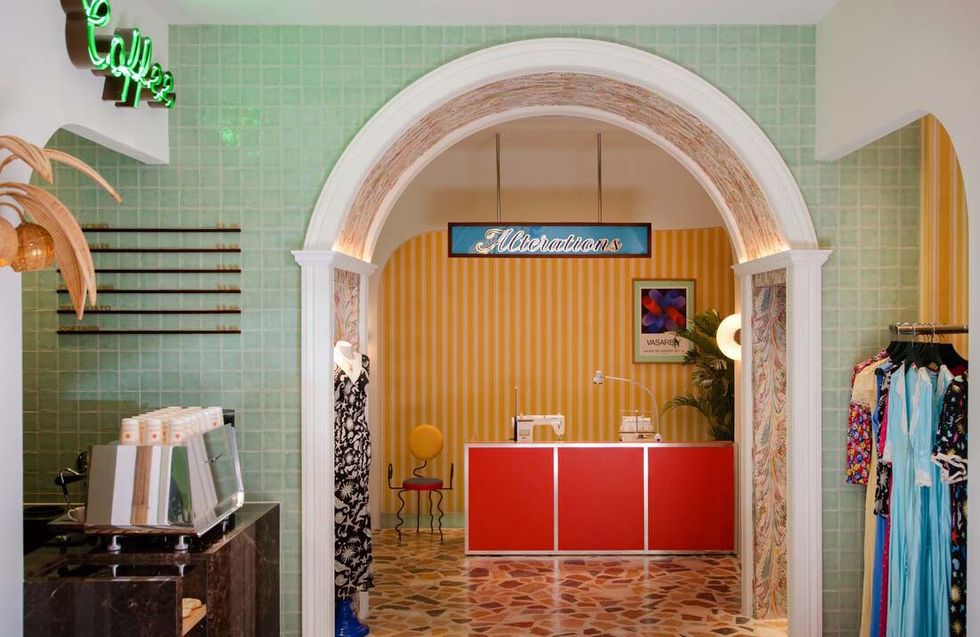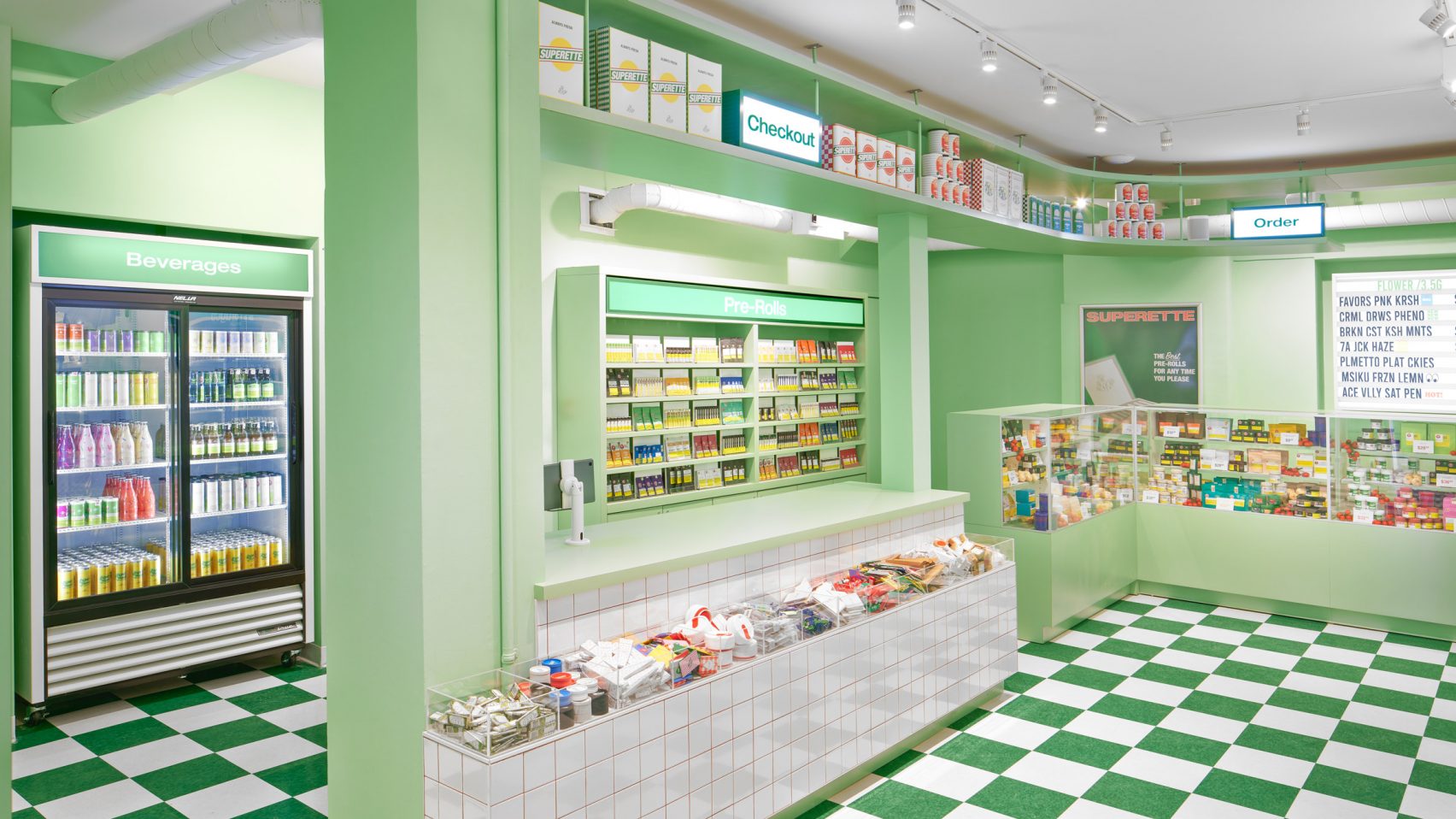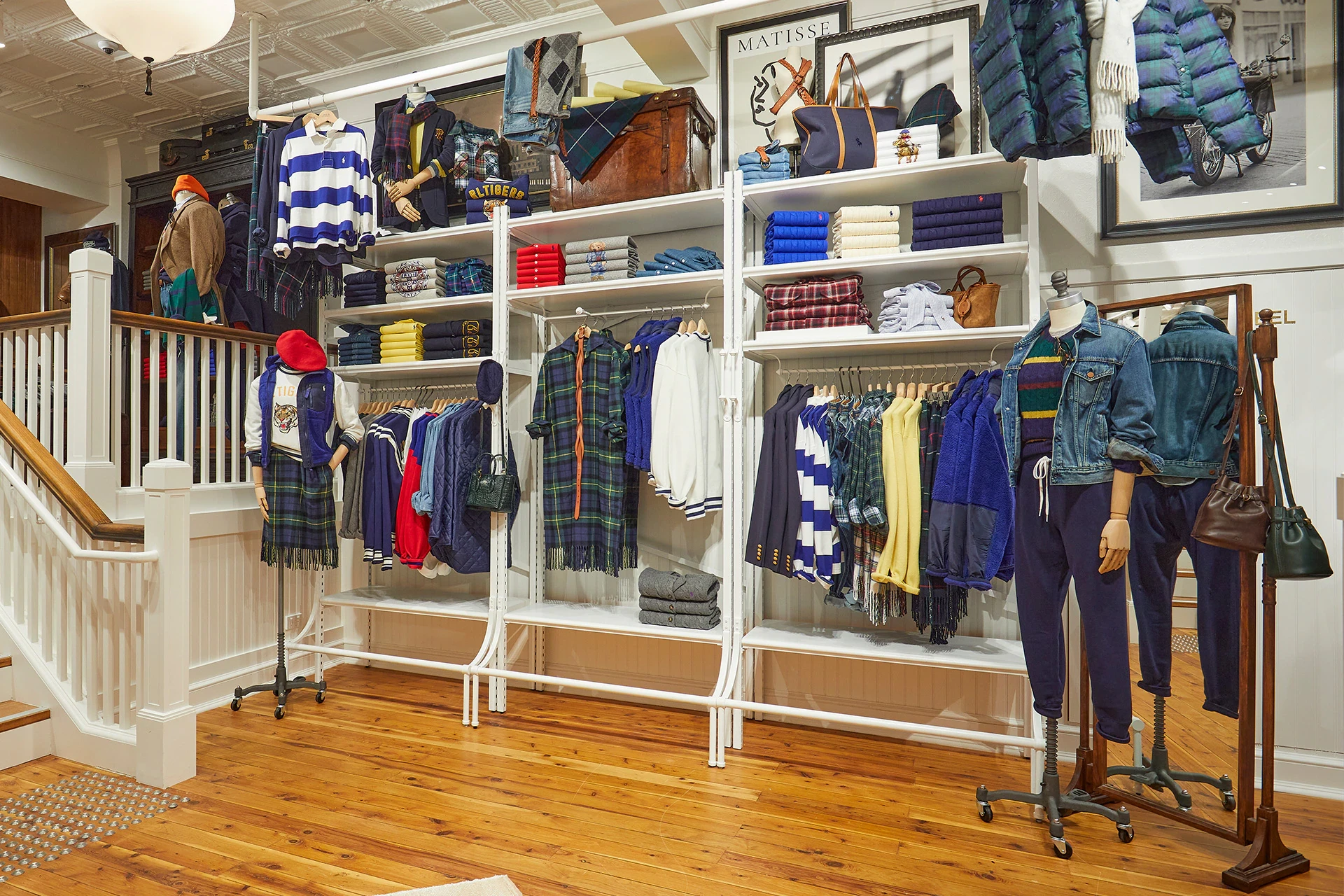In 2024, it’s no longer good enough for your store to be chic, your staff friendly and your rails well-stocked. Instead, luxury retailers now need to offer unique experiences, from in-store craftspeople offering personalisation, to virtual-reality tech or social-media moments, in order to lure customers – and, in particular, Gen Z – in to shops.
The death knell for IRL shopping has long been predicted, accelerated by the pandemic, but most consumers still buy luxury goods in person. If you’re parting with a large sum of money, you want to touch the leather, see the fastenings, feel the weight. According to a 2023 report, 31 per cent of luxury shoppers visit stores on a monthly basis, with 68 per cent preferring face-to-face interactions when buying designer fashion. Indeed, one only needs to look at the recent tragic demise of the once-powerhouse Matches Fashion to see that luxury online shopping is struggling. So, it only follows that luxury brands have invested in their bricks-and-mortar stores instead.
Early to innovate was Dior. When Pietro Beccari joined as its CEO in 2018, he had a vision for its famous 30 Avenue Montaigne store: he wanted it to be an all-encompassing experience, bringing together the maison’s entire universe under one roof. Somehow, he managed to convince LVMH boss Bertrand Arnault to close the brand’s number one store for two years, and in 2022, it reopened with a permanent museum, restaurant helmed by chef Jean Imbert, and even an apartment – where guests can stay overnight. A destination in its own right, the store boasts artworks commissioned by the likes of Guy Limone, and even has three gardens. There’s also the option of valet parking, very popular in traffic-heavy Paris.
It’s not just existing stores getting a makeover, either. Brands are also moving into bigger spaces to accommodate more-is-more experiences. Case-in-point is Gucci, which quietly moved from its Old Bond Street space to a Grade II-listed building on New Bond Street, taking over five floors and 15,000-square feet (see below). Similarly, YSL opened its largest store ever in Paris on Avenue des Champs-Elysées, with four levels including a VIP suite boasting a huge mirror and metal furniture by the late American artist Donald Judd, whose works have sold for up to $14 million at auction.
Meanwhile, newness is also evident when it comes to the launch of collections. Louis Vuitton’s menswear creative director Pharell Williams celebrated the launch of his first collection for the brand by recreating the Pont Neuf set from his show across three stores in New York, LA and Hong Kong. Each store featured a different section of the famed bridge, painted in gold and decorated in mirrored checkerboard, with famous Parisian scenes shown in the windows. What’s more, there’s rumoured to be a bookcase that opens a door into a secret accessories room – precisely the kind of thing TikTokers love to find.
Pop-up shops have long been a way for luxury brands to drum up interest for their collections, with Instagram opportunities aplenty. Jacquemus in particular has utilised this strategy, with a roving blue pop-up that draws huge crowds wherever it lands in the world (there is currently only one dedicated Jacquemus store in Paris, though plans for a second in London have been mooted).
Stores are also hosting special events – often tied to new drops or holidays like Mother’s Day – inviting craftspeople to offer their services for free, such as speed-sketching. The artist Kimberly Heimbach has worked at live events for the likes of Gucci, Fendi and Cartier, and says it’s always an overwhelmingly positive experience for her and the customers. “They love seeing the custom art and creativity come to life and collide with their fashion and personality. The guests talk about gifting the artwork or framing in their home,” she explains. “The store also benefits greatly as the guests tend to stay longer and enjoy the whole experience it becomes.”
Mid-range brands like Rixo are also encouraging people in to store via capitalising on a sense of community – something that is increasingly important to Gen Z. Its Kings Road flagship has swiftly become a mecca for like-minded fashionistas to congregate, with a bar and a coffee-shop serving matcha lattes and more. You can also get your Rixo dresses altered in store, plus shop vintage designs. Already regularly hosting panel discussions on subjects including interiors and bridal wear, it recently announced plans for supper clubs, further generating brand loyalty.
“We really see Rixo becoming a brand that has that emotional connection with our customers, not just through our clothes but through our community and environment also,” explains Orlagh McCloskey, one of Rixo's co-founders. “We want to connect like-minded people, whether that's through our supper clubs or at the bar at the King’s Road flagship. Our events and spaces should represent our Rixo brand culture; it's about being inspired, inspiring others and feeling connected on many levels to one another.”
A similar experiential space can be found at interior designer Beata Heuman’s new HQ in Hammersmith, where fans of the brand can schedule appointments with her, shop her pieces and generally just soak up inspiration.
by
Rebecca Cope
/
Share Article
Read more
